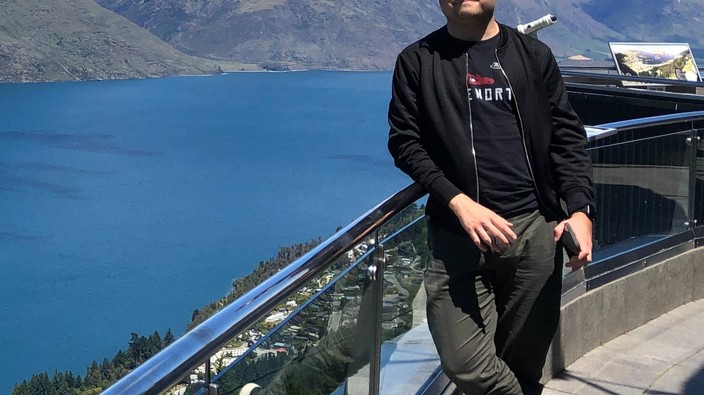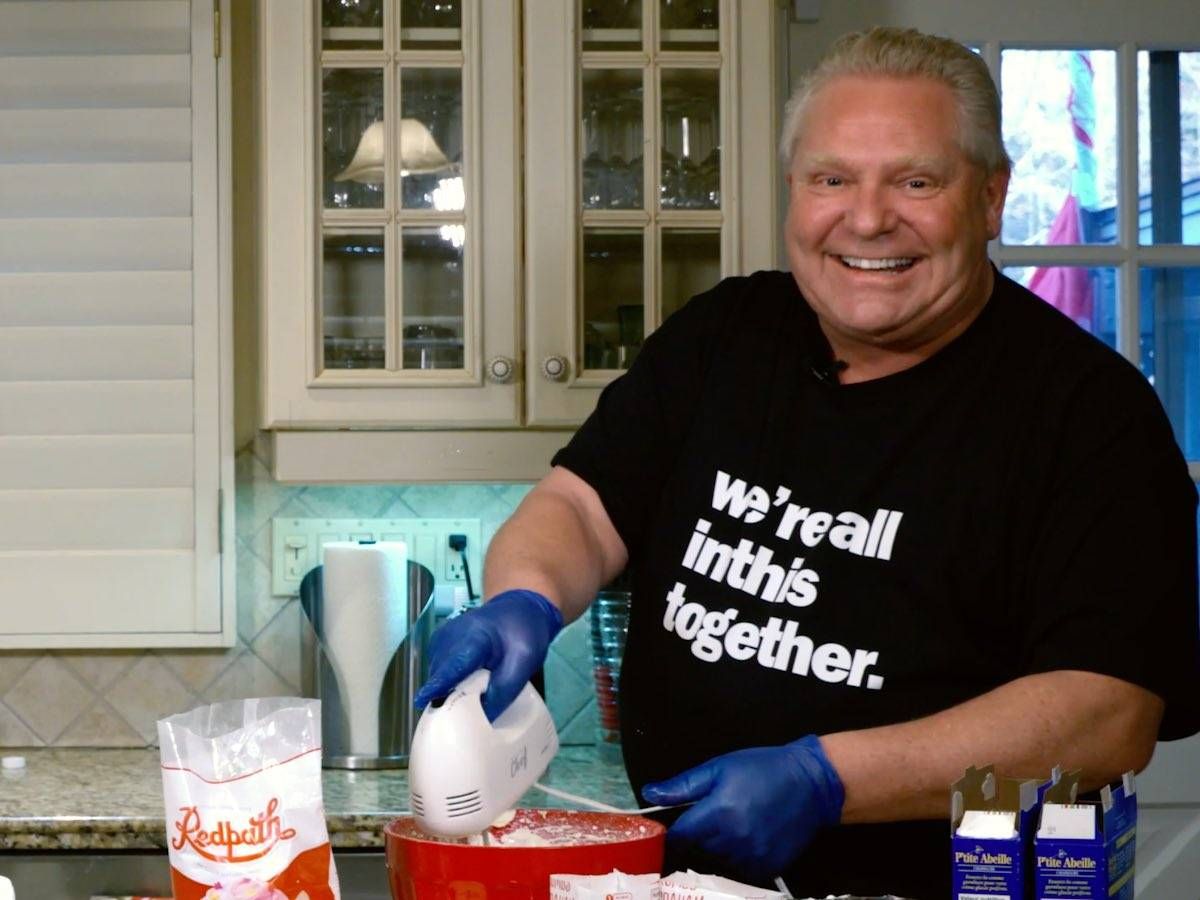being a canadian in new zealand during this global pandemic has felt like living on another planet. it’s been baffling to see other countries still not learn from what was accomplished here.over the last several months, i’ve gone to an all blacks rugby match with more than 43,000 people, attended music award ceremonies, visited craft beer festivals, shopped in crowded malls and celebrated milestones with friends and families — all without masks, just like pre-pandemic times.this privilege isn’t something taken for granted. those in attendance will often say to each other how fortunate we are to be able to do these things. seeing the imagery and hearing stories from overseas where loved ones are currently battling a crippling third wave of covid-19 creates feelings of survivor’s guilt and frustration.but these pandemic freedoms weren’t simply handed to us, nor should they be incorrectly attributed to the fact the country is an island (if other countries shut their borders effectively, it would have similar effect). new zealanders — or the “team of five million,” as the government says — underwent what has still been one of the most strict lockdowns in the world and it was tough, but the country bounced back quickly because of it and now we’re just waiting for the vaccine.my partner, a new zealand citizen, and i moved to the country in january 2020 from toronto. we got married in the last week of february 2020 and then two weeks later the world started shutting down. as a nation, we were watching places such as italy and spain get hit hard by covid-19. once the nba postponed its season and tom hanks said he was positive, we knew it was coming for us too (you don’t mess with america’s dad).the new zealand government quickly brought in health and science experts and had to make tough decisions. no one knew much about covid-19 yet, but stopping the spread bought the experts time to learn about it and come up with a plan.people were cautiously moving about the country in those final hours prior to lockdown, tending to mundane tasks such as filling up the gas tank or picking up takeout one last time while knowing that any sense of normality was about to evaporate. then, with a strong mix of nervousness and optimism, new zealand’s strict nationwide lockdown began at 11:59 p.m. on march 25, 2020 and lasted roughly seven weeks. “strict” is the key word here though.the only retailers open in the country were supermarkets, pharmacies and gas stations. you could only leave your home for “essential movement,” which meant exercise, being an essential worker or shopping for essentials at one of those few places open. you weren’t able to go outside a five-kilometre radius from your place of residence, with police checkpoints in place between regions, and you had to keep a two-metre distance from anyone who wasn’t in your household.for the first few weeks we didn’t even have online shopping of any kind, nor food delivery, curbside pickups or drive-throughs. you had to purchase everything at one of the few essential retail locations and make your meals at home (when fast food opened again for the first time, cars were lined up around the block).under new zealand’s lockdowns, schools were closed, playgrounds were shut, there were no religious gatherings and funerals were unable to take place. this created a lot of heated and emotional discussions in the news, as people wanted to visit dying relatives or properly mourn those who had passed. the government was sympathetic, but didn’t budge.what we learned in new zealand is that while it might feel like freedoms are being taken away during a lockdown, this is a once-in-100-year pandemic and these measures are temporary. we’re not creating a new nanny state, we’re saving lives and trying to quickly earn back normalcy. so we all watched the daily briefings on tv with the hope that the ongoing psychological beating was worth it. thankfully, it was.covid-19 just simply doesn’t care who you are or why you’re gathering, and this is why many so-called lockdowns around the world aren’t working. policymakers can have incredibly strict measures in place, and people will follow them, but if those measures only go 90 per cent of the way, then the virus will still rage on with that 10 per cent of wiggle room. it’s frustrating seeing governments stretch out the pandemic longer than needed despite the clear evidence telling them how to fight it properly.new zealand’s recovery hasn’t been without its problems though. a few cases snuck into the country through our government-managed isolation facilities, but then the holes were found and patched up. meanwhile the government’s vaccine rollout strategy has been under fire for being both slow to develop and to implement, despite having more time than most countries to plan effectively.my heart continues to break as i see friends and family go through wave after wave of this pandemic overseas, especially when so much of it could be prevented. my hope is everyone can look to new zealand as proof that we will all get through this. there’s a māori phrase used here: “kia kaha,” which means “stay strong.” we will gather, embrace and travel together again soon.
josh mcconnell is a former technology and business journalist for newsrooms such as national post, cbc news and the globe and mail. he’s interviewed some of the world’s top ceos including apple’s tim cook and microsoft’s satya nadella.don’t miss the latest in health. subscribe to healthing’s daily newsletter here.
 4 minute read
4 minute read









